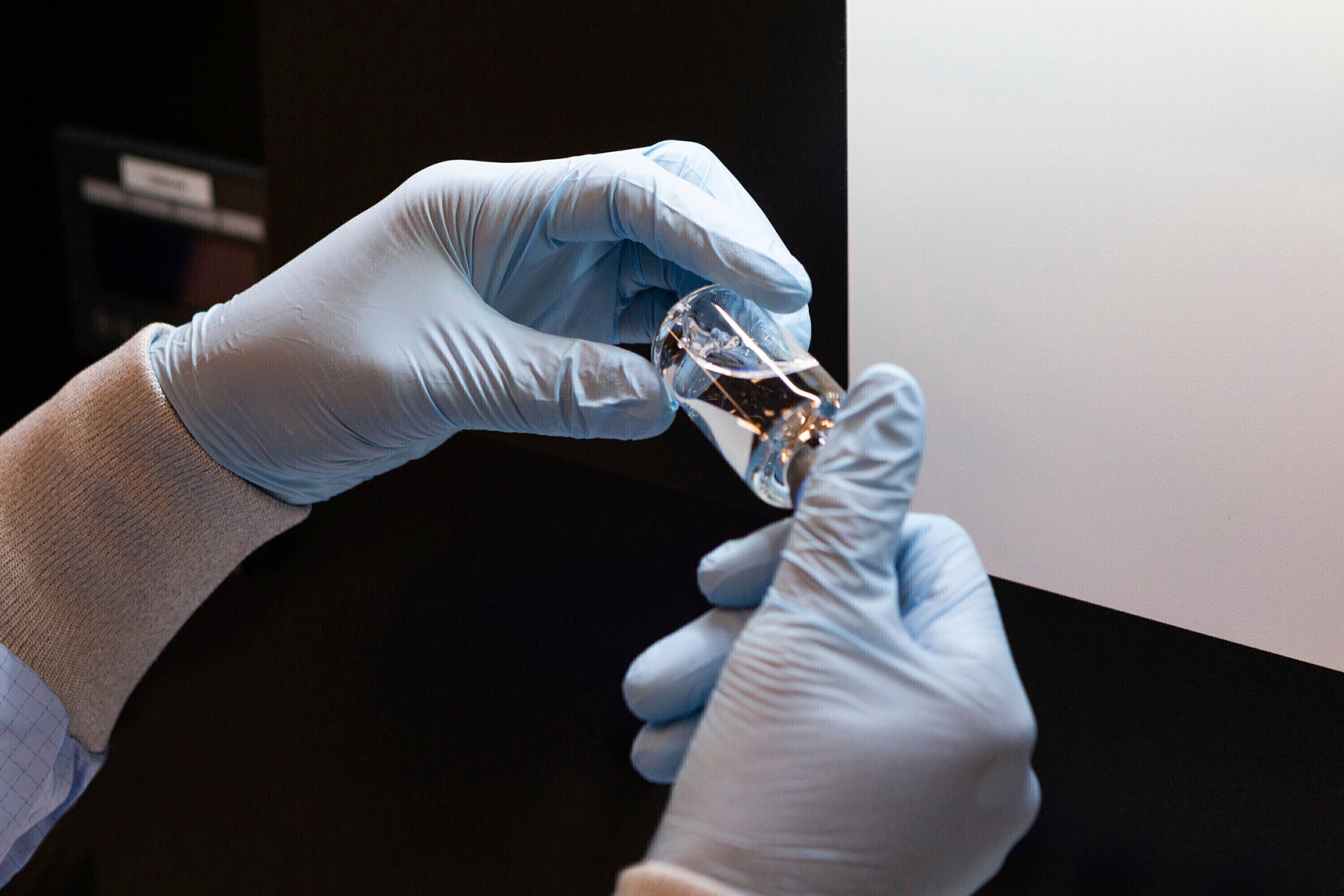The National Institute of Allergy and Infectious Diseases (NIAID) on Wednesday announced the results of a study looking into a potential COVID-19 treatment that it says shows promise.
White House Coronavirus Task Force member Dr. Anthony Fauci, who heads the federal institute, explained the implications of the study this afternoon at the White House.
"The data show that remdesivir has a clear-cut, significant positive effect in diminishing the time to recovery," Fauci said.
The treatment in question is an antiviral drug that in the past has proven effective in treating SARS and MERS, which are also caused by coronavirus strains.
The randomized, placebo-controlled study found that recovery time for patients who took the drug was on average 11 days, compared to 15 days for those that did not take the drug.
"Although a 30 percent improvement doesn't seem like a knock-out 100 percent, it is a very important proof of concept, because what it is proving is that a drug can block this virus," Fauci said.
The mortality rate for the group that took remdesivir was 8 percent, compared to 11 percent in the placebo groups, which he said has not yet reached "statistical significance, but the data needs to be further analyzed."
The institute released the data immediately, because "whenever you have clear-cut evidence that a drug works, you have an ethical obligation to immediately let people know, who are in the placebo group so that they can have access," Fauci said.
The study will now be submitted to a peer-reviewed journal for additional scrutiny.
Markets, government officials, and homebound Americans eagerly anticipated the announcement, as many hold out hope that a successful treatment will help accelerate a return to normalcy.
But research on remdesivir's effectiveness in helping COVID-19 patients remains split.
A Chinese study published in The Lancet, a highly regarded medical journal, on Wednesday concluded that "remdesivir was not associated with statistically significant clinical benefits." It also identified shorter recovery times but noted the data would need to be confirmed in larger studies.
Gilead Sciences, the research-based biopharmaceutical company that developed remdesivir, preempted the NIAID announcement on Wednesday morning by releasing the results of its own separate study of a five-day course of treatment that showed the most promise.
The company's stock jumped on the news.
"Multiple concurrent studies are helping inform whether remdesivir is a safe and effective treatment for COVID-19," Gilead chief medical officer Merdad Parsey said in a statement. "The study demonstrates the potential for some patients to be treated with a 5-day regimen, which could significantly expand the number of patients who could be treated with our current supply of remdesivir."
The Chinese study notably used a placebo group, while Gilead's Phase 3 study did not.
While further testing lies ahead, the drug could be a candidate for emergency use authorization or approval from the U.S. Food and Drug Administration
Fauci said the current environment of multiple trials taking place at once reminded him of the fight to combat HIV/AIDS in the 1980s. The important thing, he added, is that the results provide a foothold for additional research and testing.
"Bottom line, you're going to be hearing more details about this," he said.













